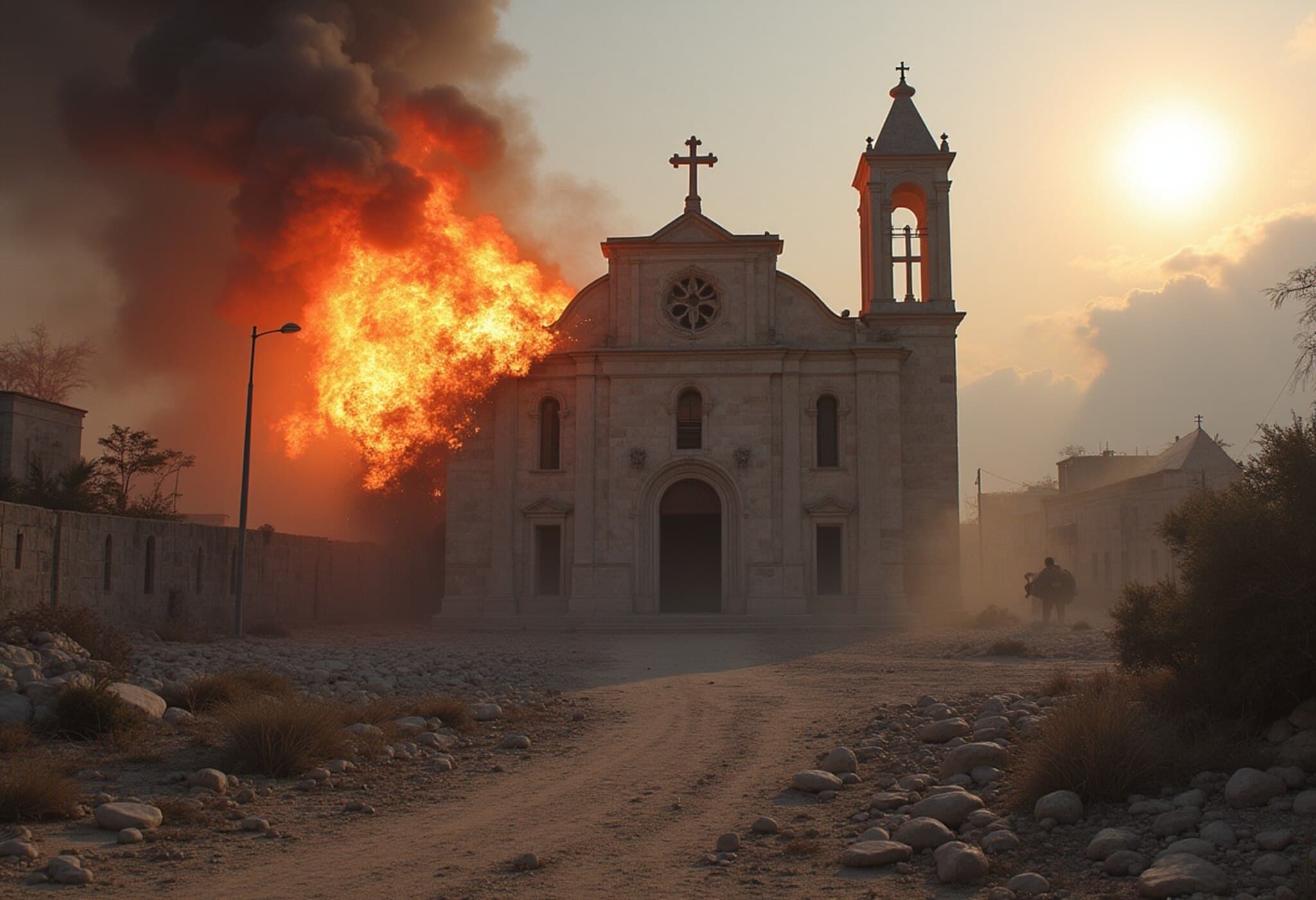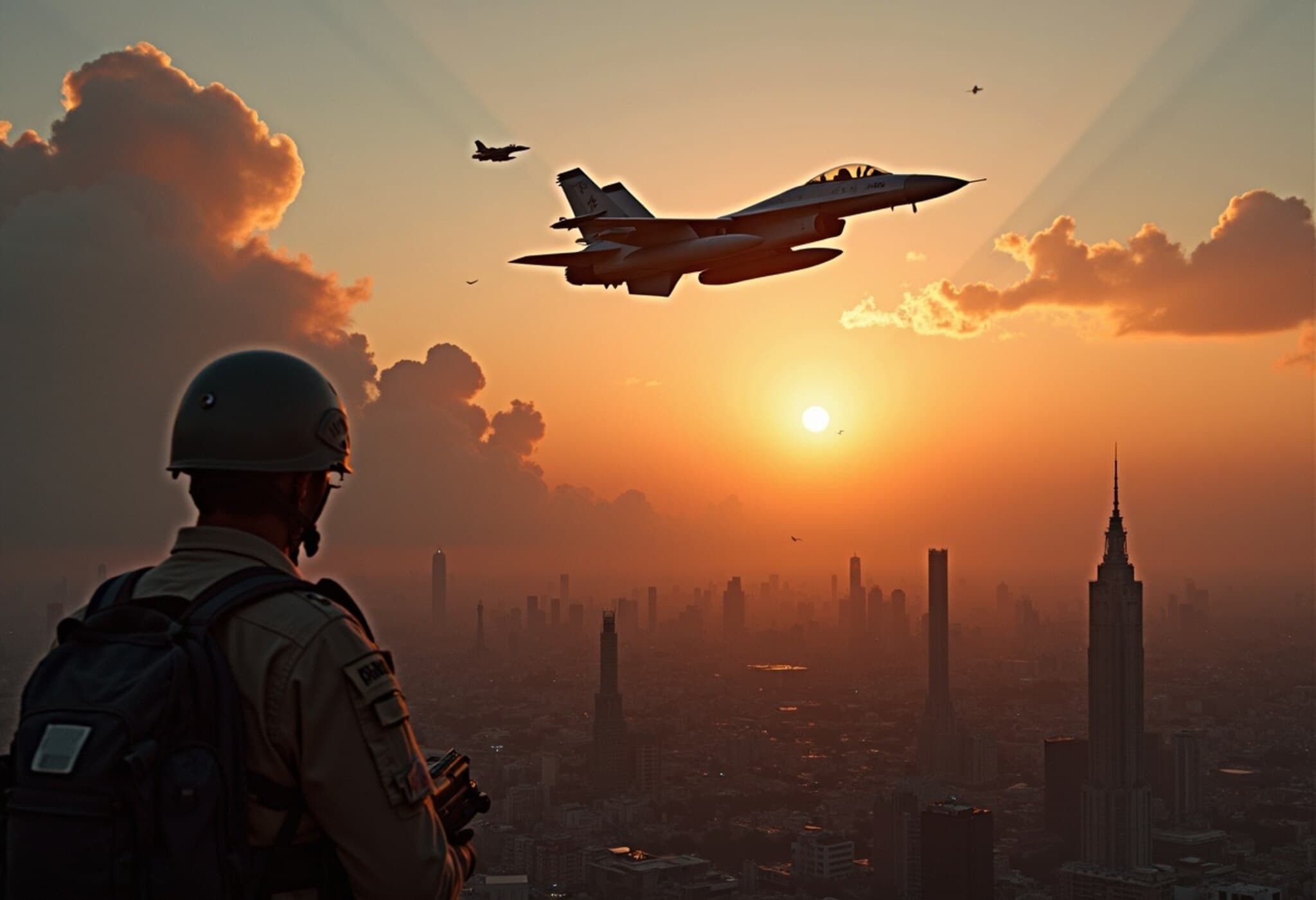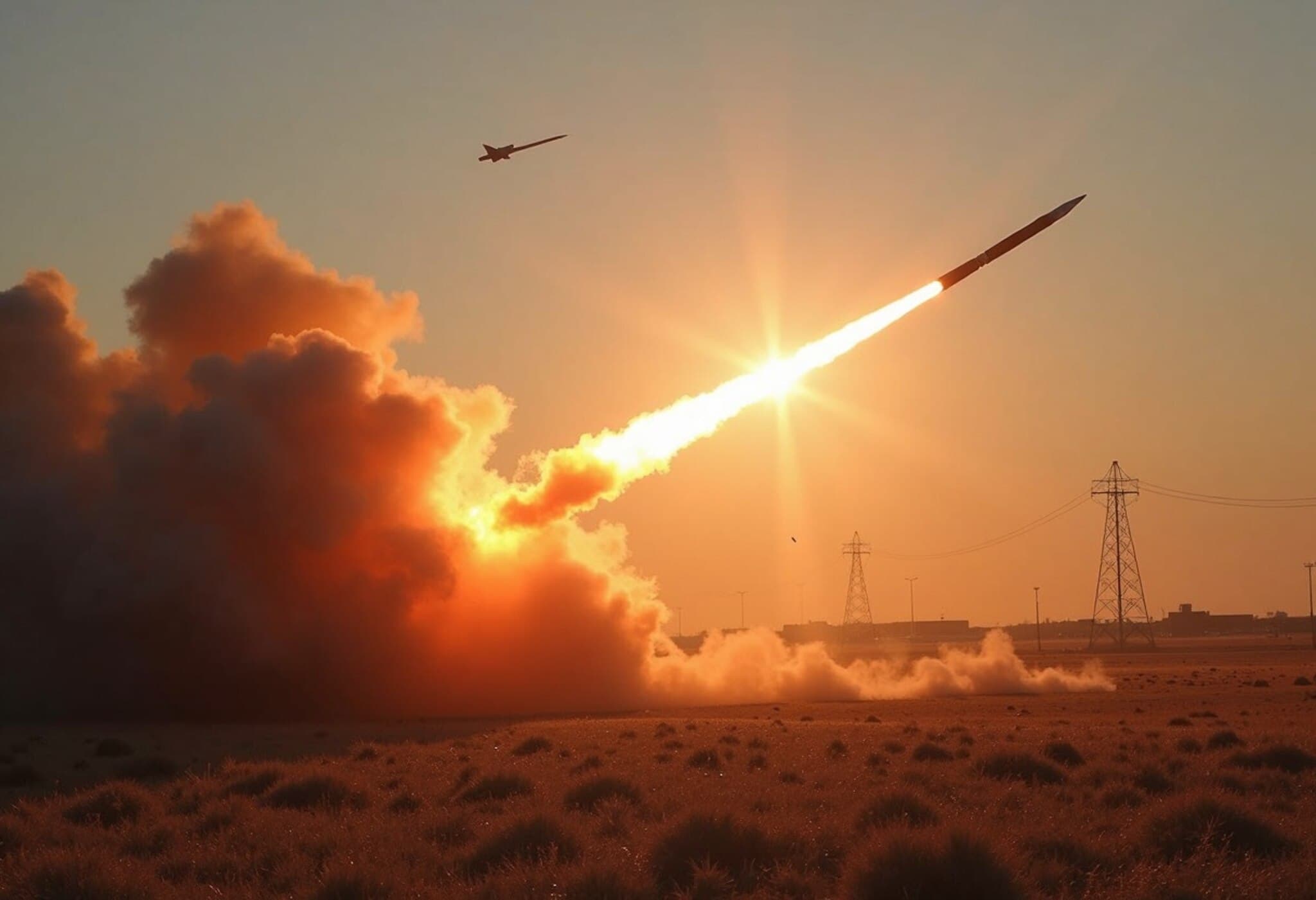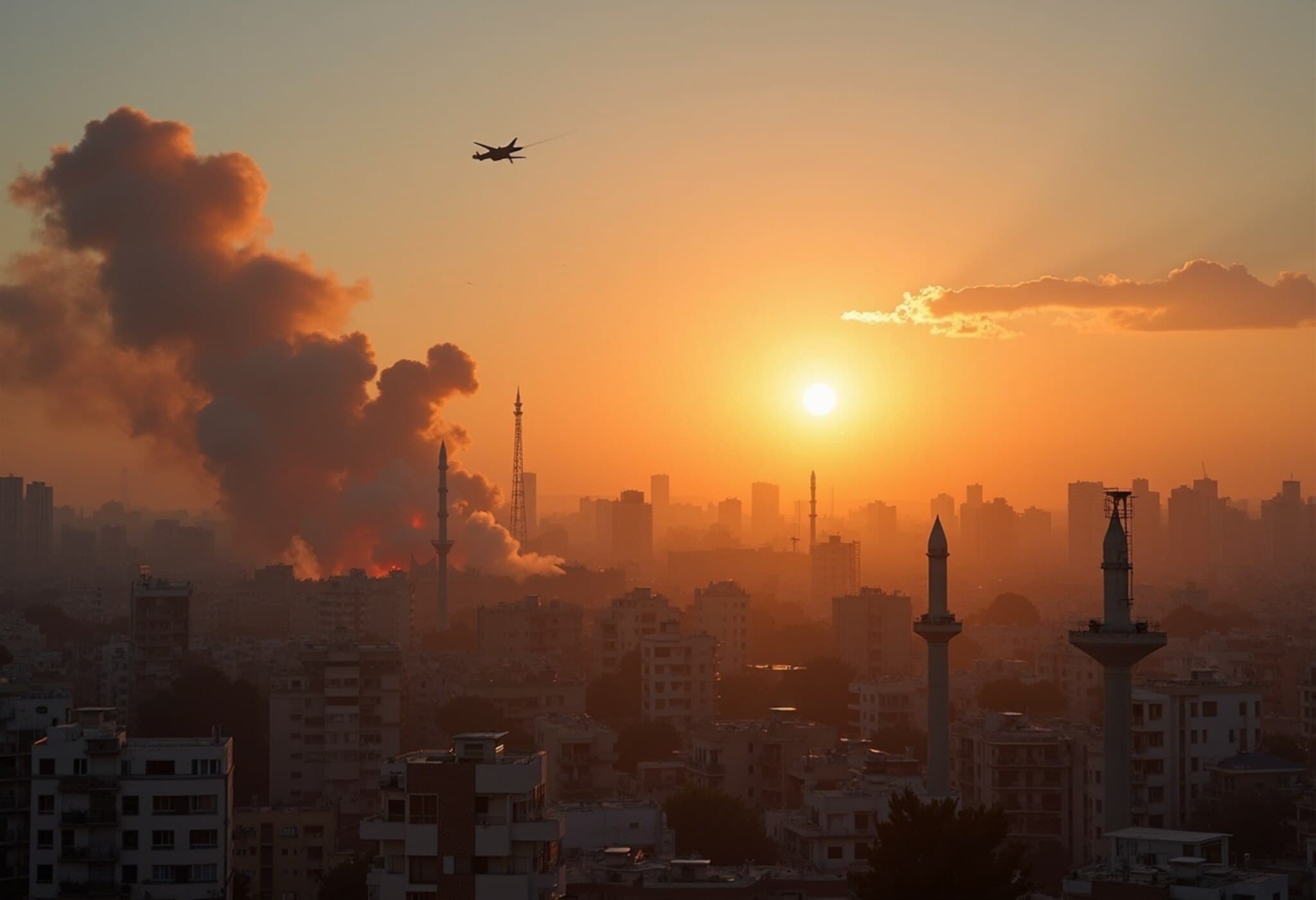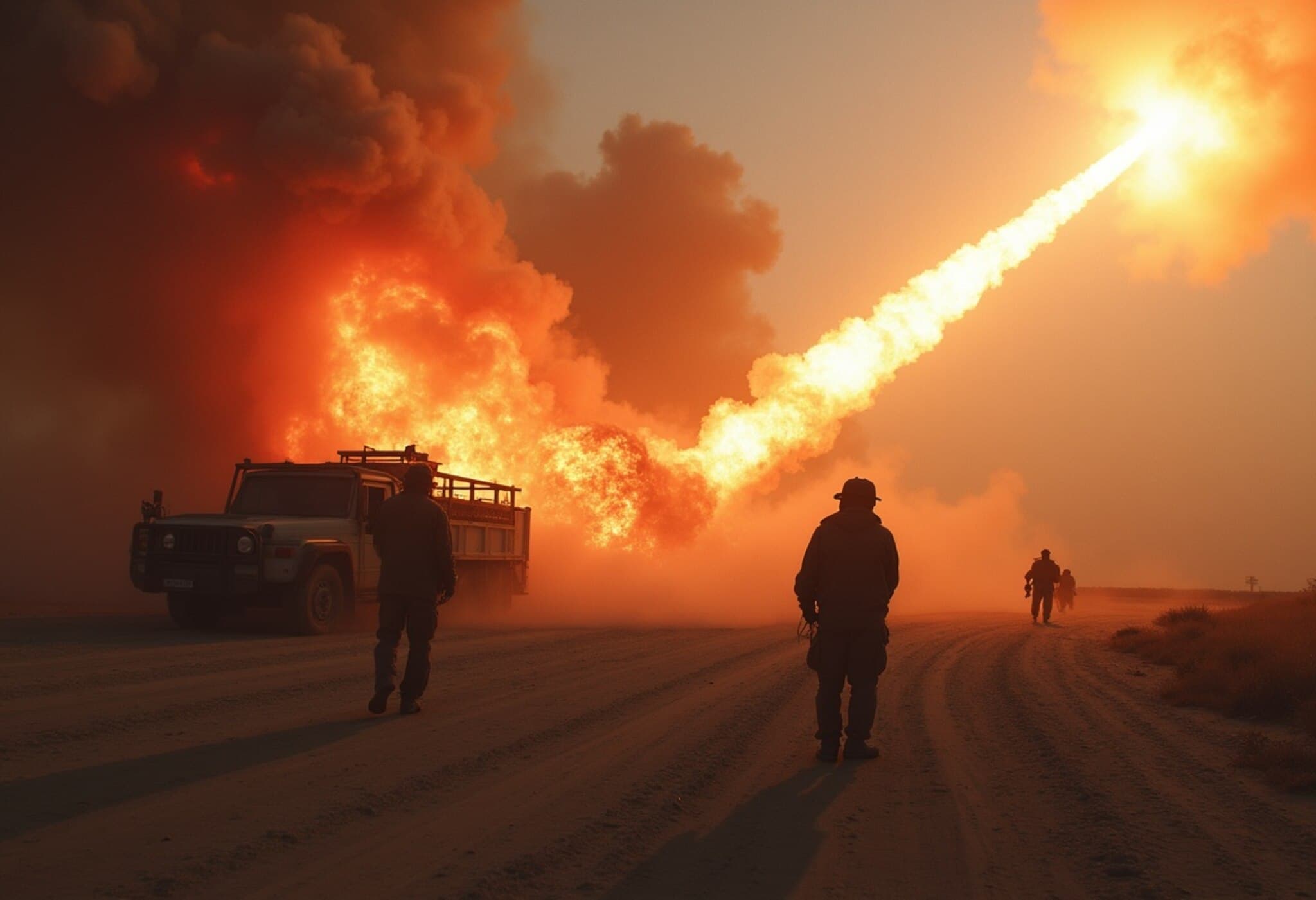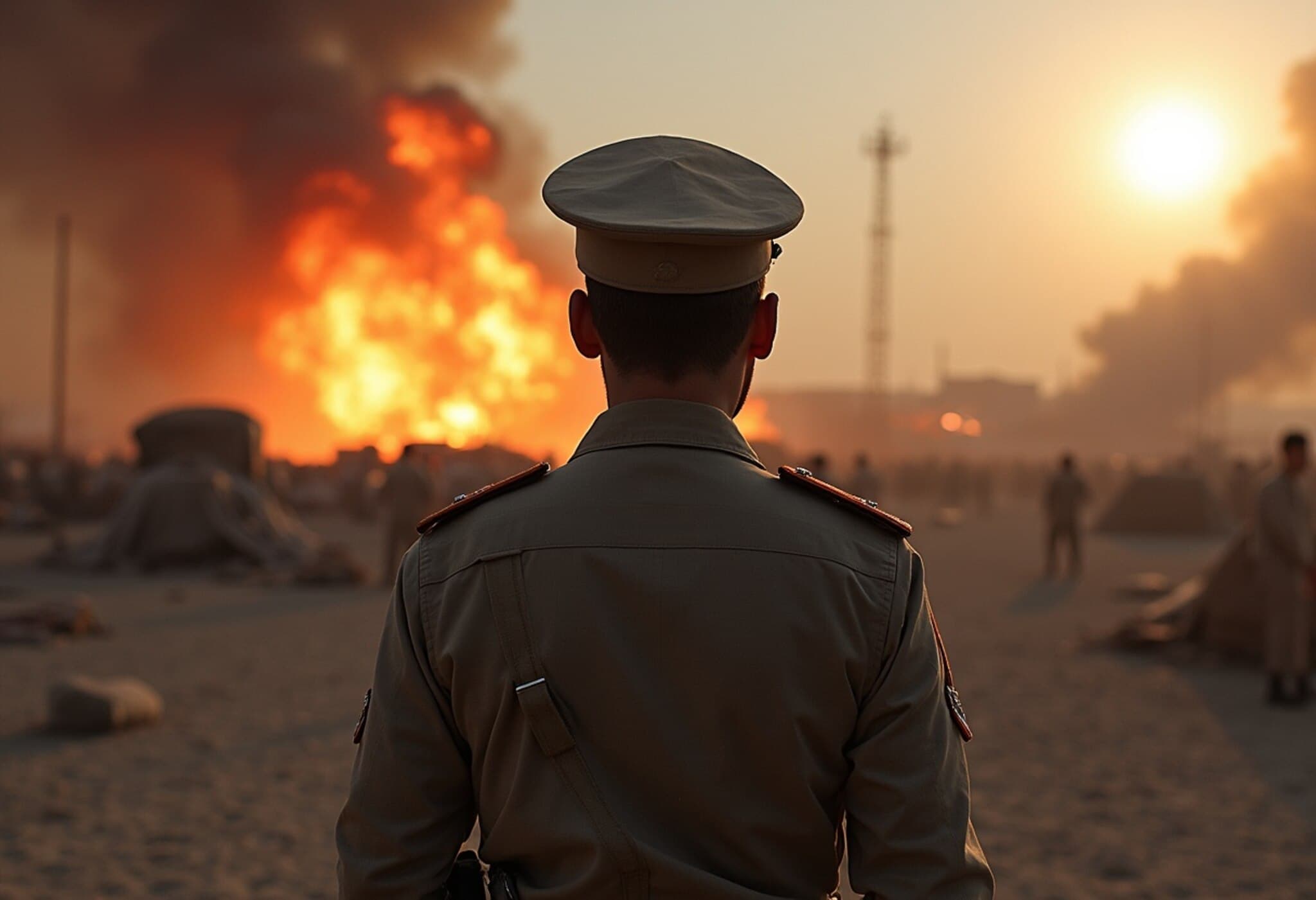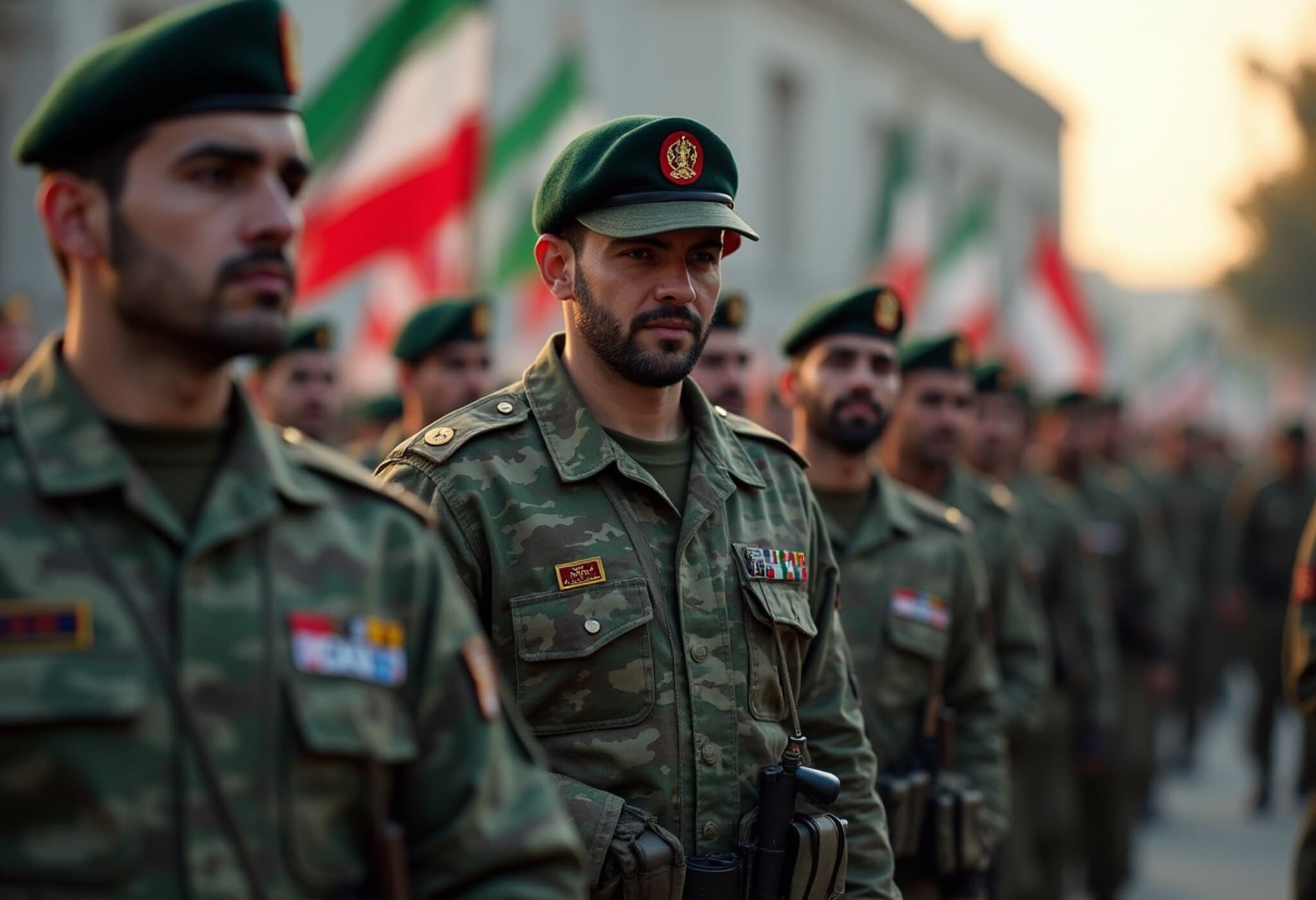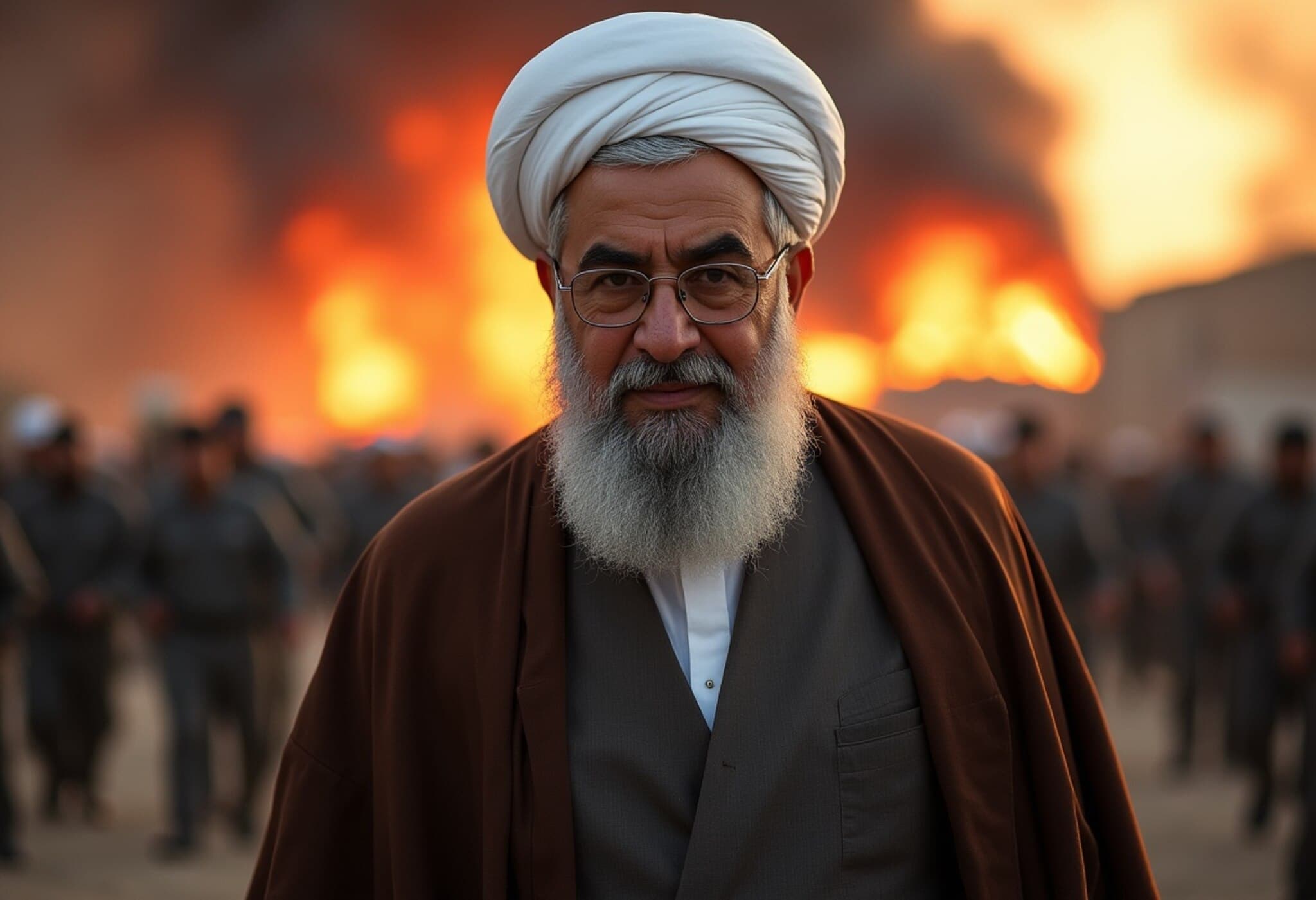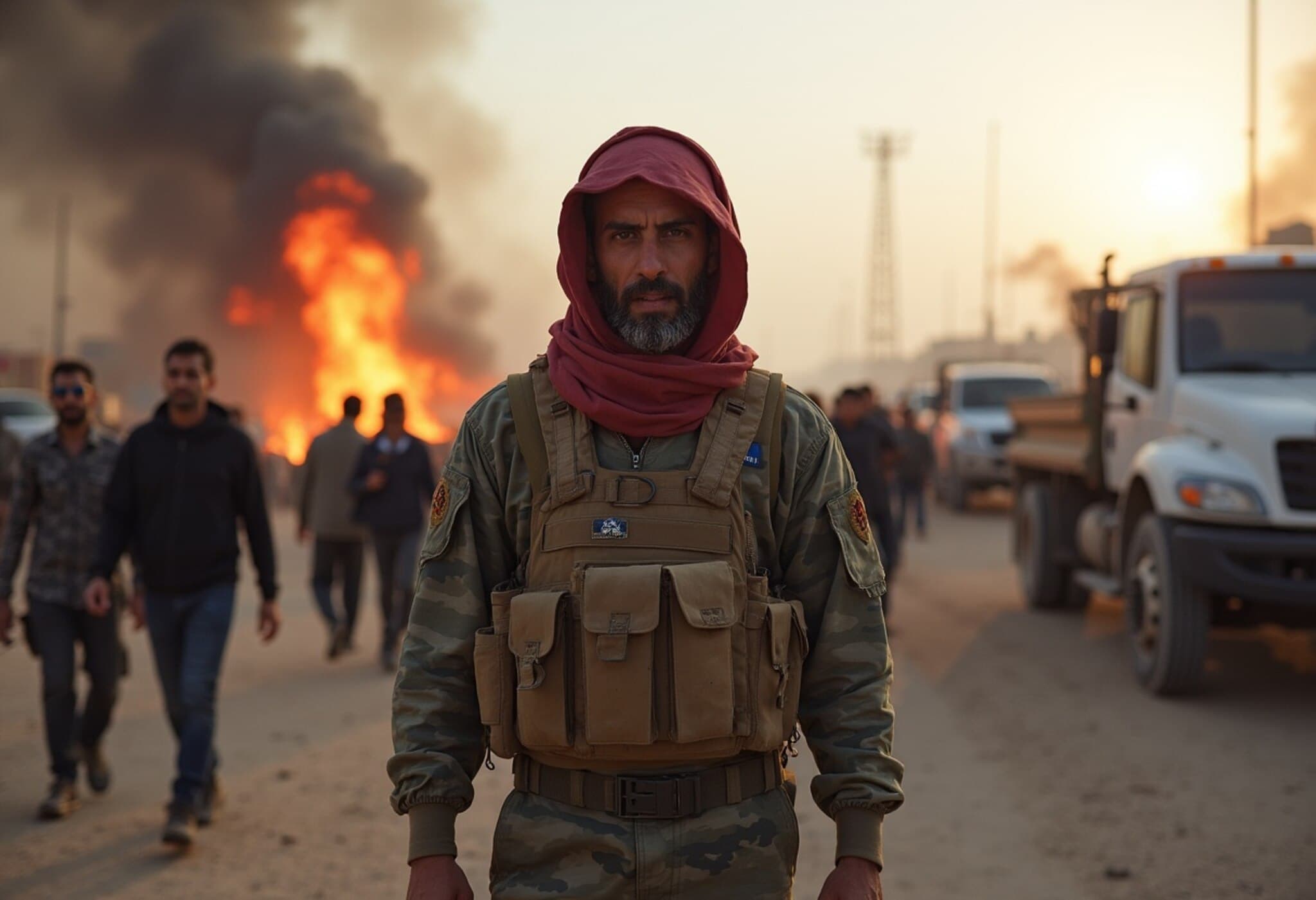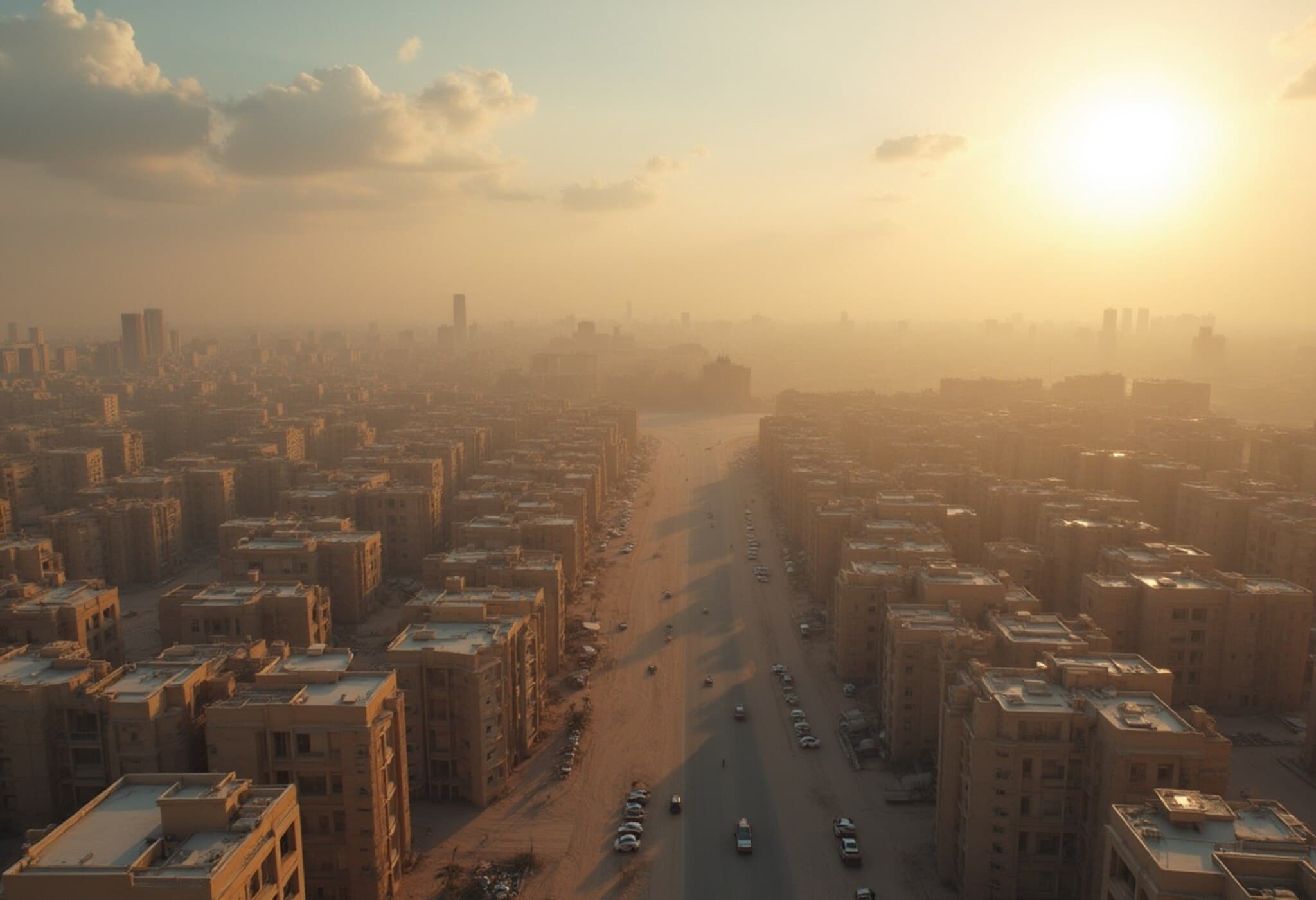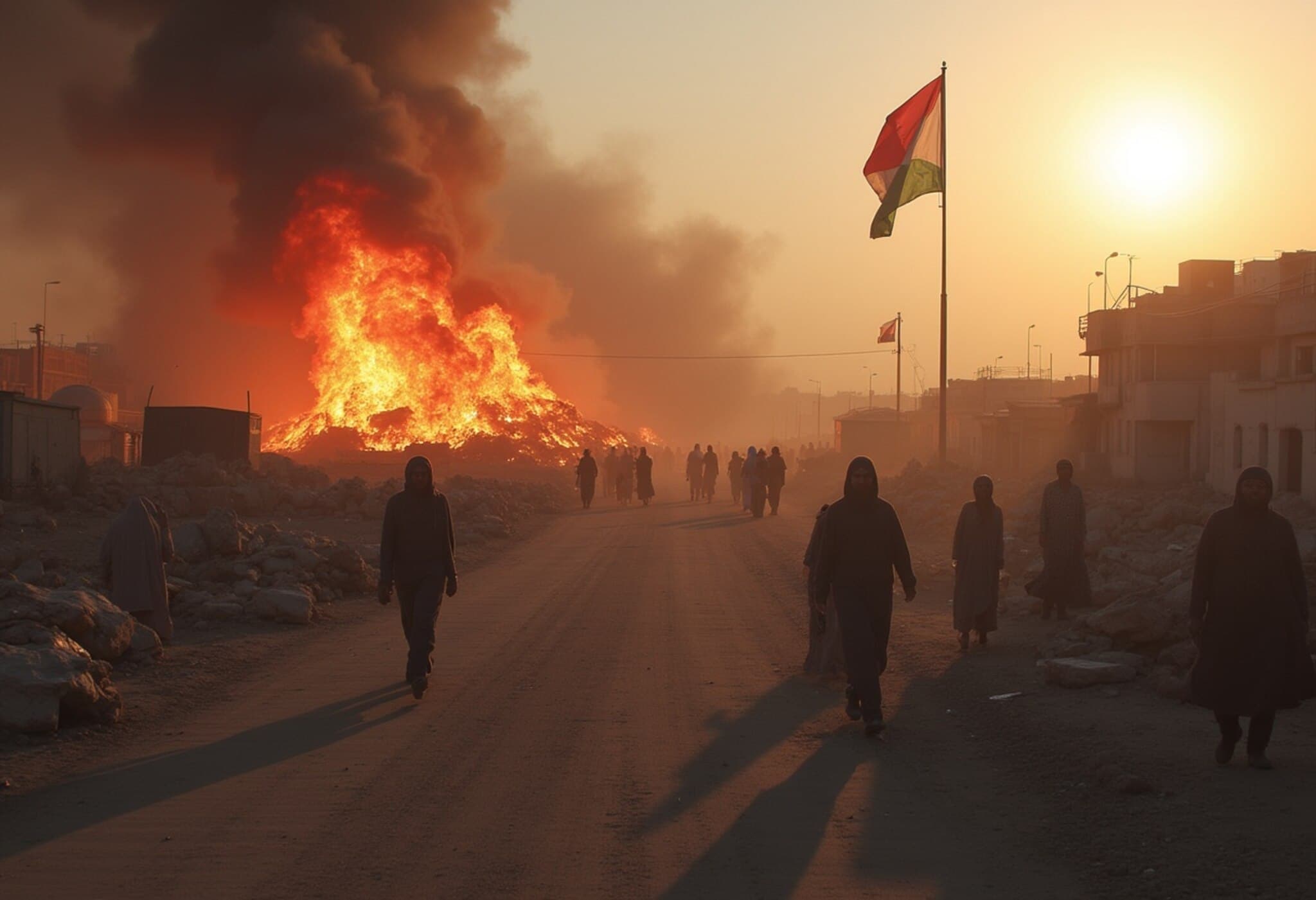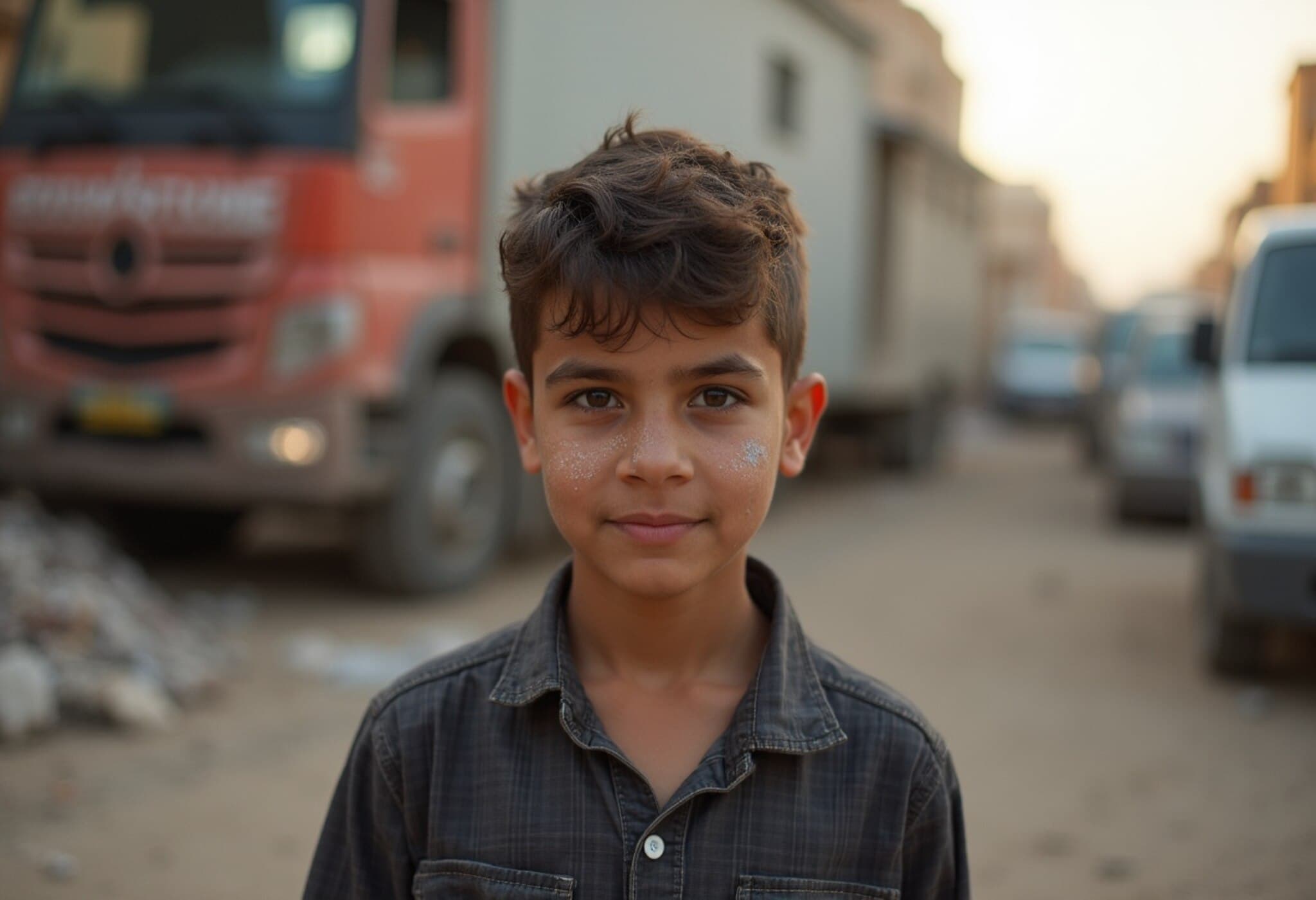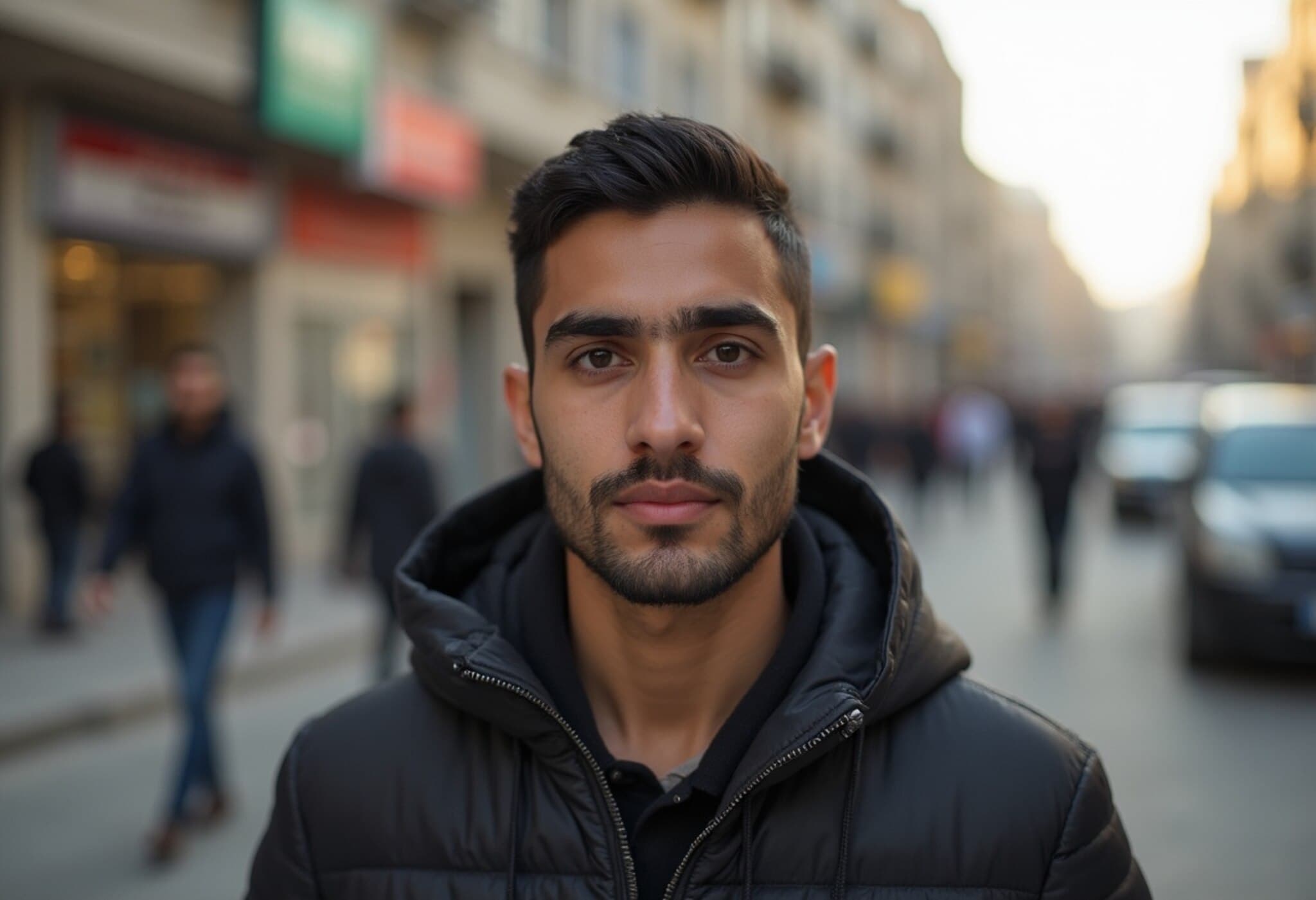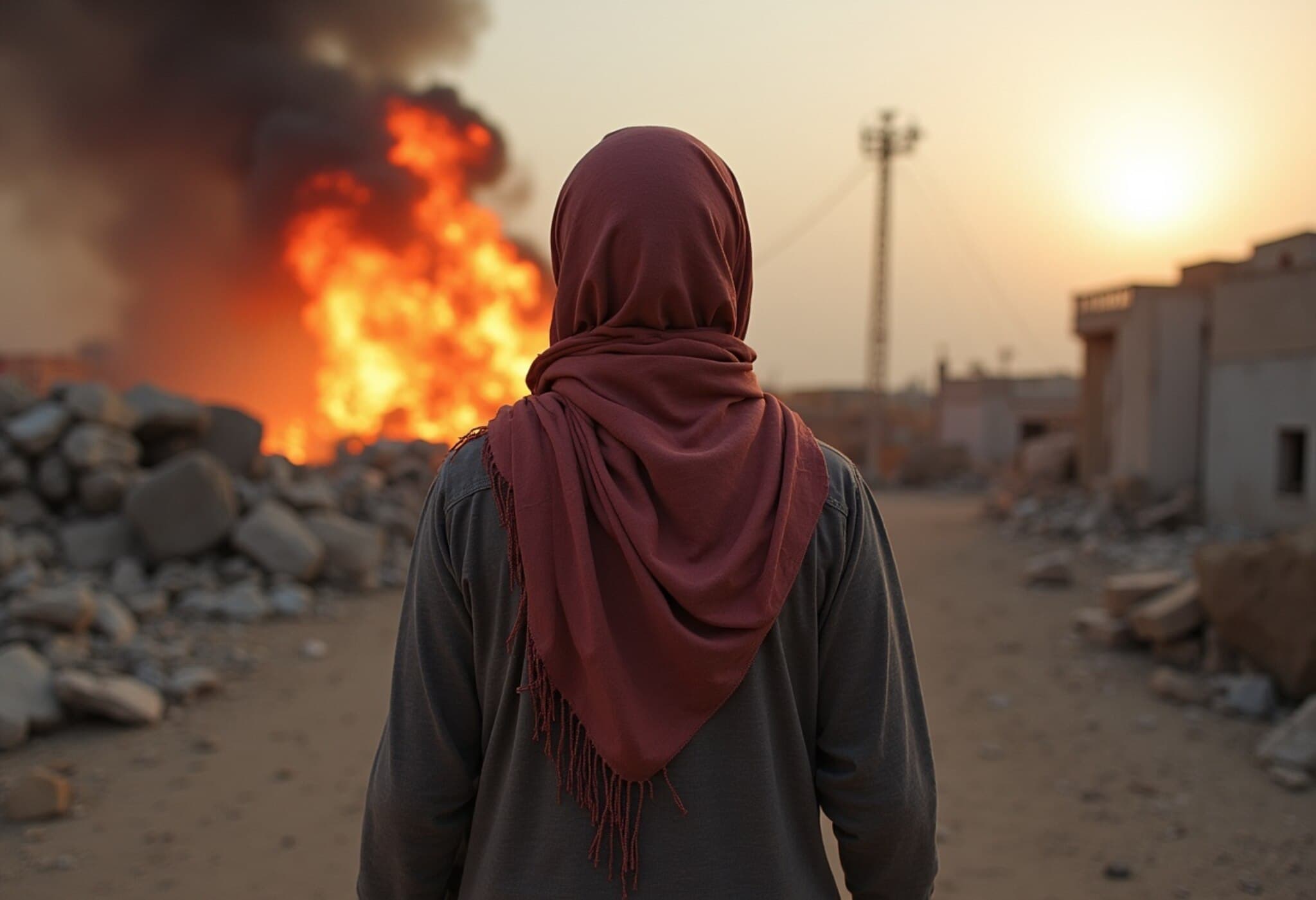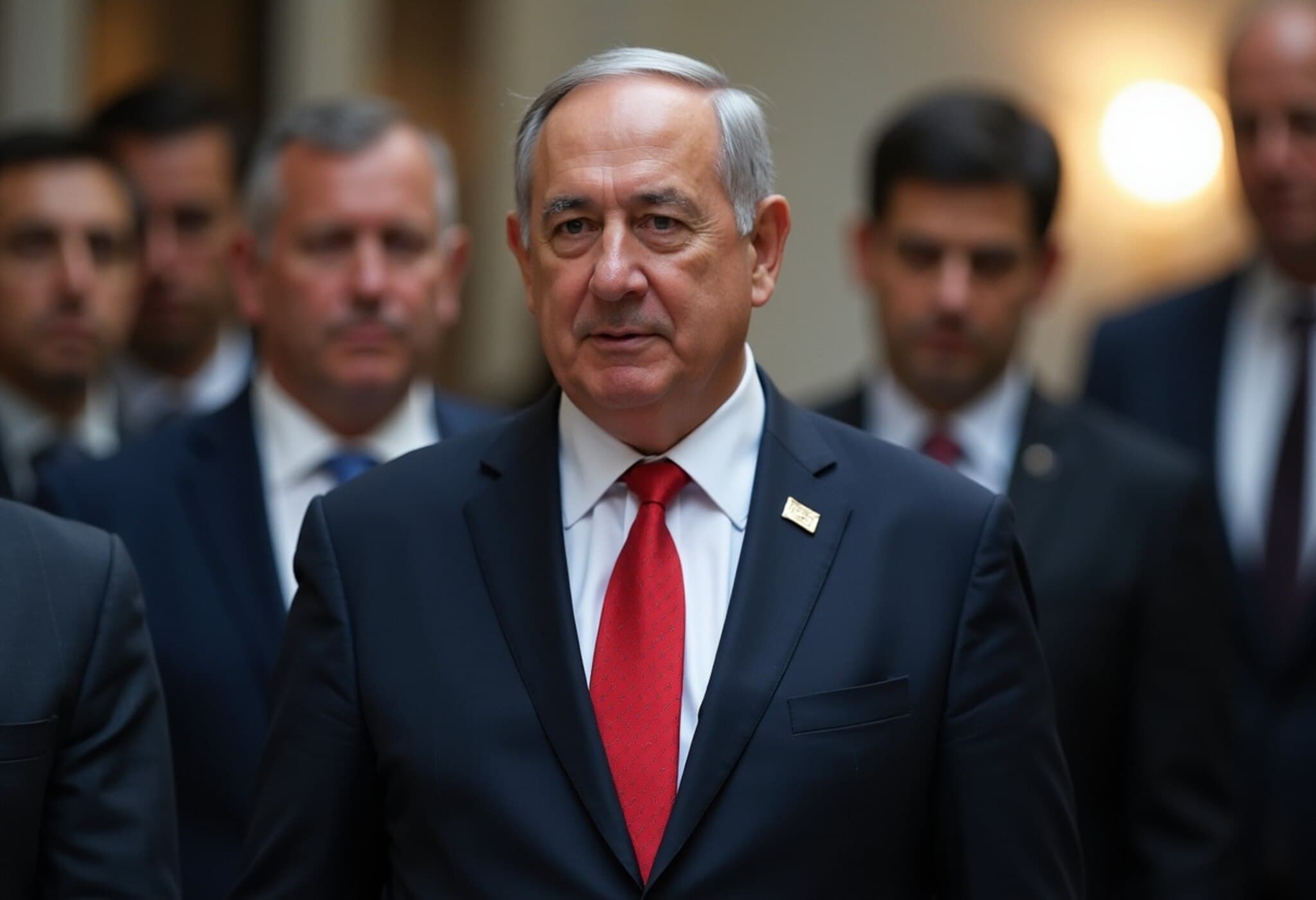Tragedy at Gaza’s Sole Catholic Sanctuary: Israeli Strike Claims Lives
In a heartbreaking escalation of violence within the Gaza Strip, an Israeli missile strike struck the Holy Family Church in Gaza City on July 17, 2025, killing two individuals and injuring Father Gabriel Romanelli, the church’s priest. This devastating attack on Gaza’s only Catholic church has sparked international outrage and renewed calls for an immediate ceasefire.
Details of the Attack and Immediate Aftermath
The Latin Patriarchate of Jerusalem, the administrative authority of the Holy Family Church, issued a somber statement confirming the fatalities and condemning what it described as a "barbaric war" targeting innocent civilians. Large portions of the church complex were destroyed, a site that has long provided refuge amid the area’s ongoing conflict.
Photographs from Gaza City capture mourners carrying the body of Saad Salama, a Palestinian Christian victim of the strike, underscoring the profound human cost behind the headlines. As per medical reports, Father Romanelli sustained light leg injuries and was receiving treatment at the Al-Ahli Arab Hospital.
Historical and Cultural Significance of the Holy Family Church
The Holy Family Church stands not only as a religious landmark but also as a sanctuary for vulnerable civilians, sheltering around 600 displaced persons during this period of heightened violence. Among them are many children and 54 individuals with special needs. The attack on such a sacred site raises disturbing questions about the protection of civilians and religious sanctuaries during armed conflict.
International Reactions: From the Vatican to World Leaders
Pope Leo expressed deep sorrow over the assault, reiterating a pressing call for an immediate and unconditional ceasefire. A Vatican press release underscored the Pope’s profound sadness over the loss of life and his renewed appeal to halt hostilities.
Italian Prime Minister Giorgia Meloni condemned the attack emphatically, describing Israel’s strikes on civilians — including the Holy Family Church — as unacceptable. She stressed that no military objective justifies targeting places meant to be havens during war.
Context: Patterns of Violence Against Religious Sites in Gaza
This strike is unfortunately not isolated. Since October 2023, when Israel launched its military campaign following Hamas’ attack, several religious sites in Gaza, including the historic Church of Saint Porphyrius dating back to the 4th century CE, have suffered bombings. One such attack killed at least 18 Palestinians sheltering in that compound, highlighting a troubling trend of violence impacting sacred spaces.
Expert Analysis: The Legal and Moral Dimensions
Under international humanitarian law, religious sites are typically protected zones, especially when used as shelters for civilians fleeing conflict. The deliberate or reckless targeting of protected buildings can constitute violations of the Geneva Conventions. The destruction of the Holy Family Church, a sanctuary for hundreds including vulnerable groups, calls for urgent scrutiny of the conduct of all parties involved.
Moreover, the attack deepens the humanitarian crisis in Gaza, exacerbating displacement and trauma among communities already facing severe hardships amid blockade and conflict.
Looking Forward: The Imperative for Dialogue and Protection
Faith leaders worldwide, alongside diplomatic channels, continue to advocate for renewed peace talks and stronger measures to safeguard civilian lives and cultural heritage amid the conflict. The Pope’s last public address before his passing poignantly highlighted the desperate need to alleviate suffering, urging all factions to cease hostilities and aid a "starving people aspiring to peace." This call resonates with even greater urgency today.
Editor’s Note
The strike on Gaza’s sole Catholic church is a stark, painful reminder of how conflicts ravage not only lives but also shared human values embodied in places of worship and sanctuary. Beyond the immediate tragedy, this event challenges the international community to reaffirm protections for civilians and religious sites amid warfare. As the Gaza crisis unfolds, the call for an immediate ceasefire and humanitarian access remains more critical than ever, inviting policymakers, religious leaders, and civil society to unite in pursuit of lasting peace.

